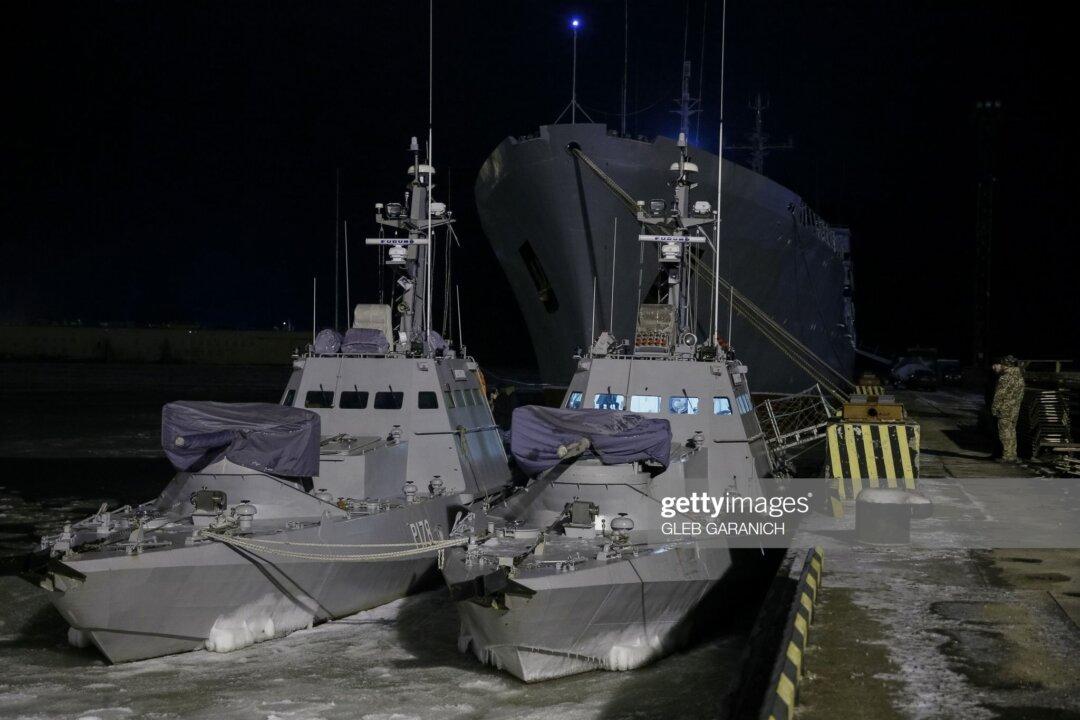Current German Chancellor (German title for prime minister) Angela Merkel appears to be auditioning for an “Iron Angela” sobriquet.
Opinion
Merkel and Germany’s Global Role

German Chancellor Angela Merkel walks together with Turkish Prime Minister Ahmet Davutoglu following Devatoglu's arrival for German-Turkish government consultations at the Chancellery in Berlin, Germany on Jan. 22, 2016. Sean Gallup/Getty Images
|Updated:




